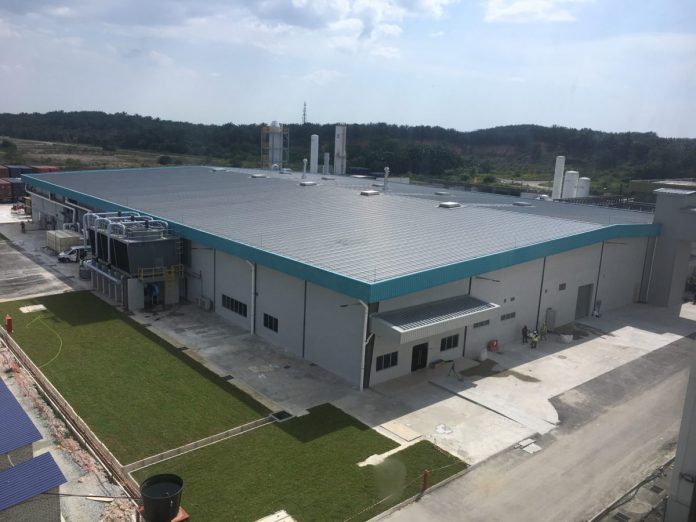Massachusetts solar manufacturer 1366 Technologies, which is pursuing low-cost silicon solar cells, just drummed up $18 million from Breakthrough Energy Ventures and other investors.
The company was founded in 2008 and is one of the few venture capital-funded solar companies of that vintage still standing.
Over the years, 1366 Tech has raised more than $140 million from investors including Tokuyama, North Bridge, Polaris, VantagePoint, Energy Technology Ventures, Hanwha Chemical, Ventizz Capital and Haiyin Capital. The company has won several million dollars’ worth of Department of Energy (DOE) grants and has used a $150 million loan guarantee offer from the DOE’s 1705 renewable energy and electric transmission program.
The company’s technology falls into the kerfless wafer category, a technology of special interest to the DOE under previous administrations.
Silicon goes kerfless
Kerfless wafer production does not require silicon ingots to be sawn into wafers, a time-consuming process which wastes material as silicon dust. Instead, 1366’s technology forms wafers directly, using molten silicon. Start-ups such as Twin Creeks and SiGen attempted to manufacture kerfless silicon using ion-implantation and Crystal Solar and Ampulse worked on gas-to-wafer technology but those rivals fell away while 1366 is still around.
Chief executive Frank van Mierlo is on the record as stating: “I’ve never doubted silicon. We really believed in it. The learning curve had been holding steady for 45 years – it’s a pretty predicable line. Why would that stop?”
Low costs and big solar partners
The Massachusetts company claims its technology is capable of achieving “a bottom-up cost of just $0.19” per wafer with furnaces capable of producing multiple wafers at a time to drive the cost “below $0.15 per wafer piece”.
As pv magazine reported this year, 1366 Technologies has worked with Hanwha Q Cells and with German polysilicon manufacturer Wacker Chemie.
Van Mierlo has likened the 1366 innovation in silicon to the Bessemer process innovation at U.S. Steel or the use of float glass at Pilkington and noted the Bessemer process was the result of a decades-long innovation path.
Venture capital start-ups need exits
The company’s longevity and commercial success is rare in the world of solar industry hardware start-ups and the CEO’s “very deliberate route to high-volume production” is what has kept the company alive for the last 12 years.
Despite 1366’s deliberate progress, venture capital investors typically have expectations of financial exits in the form of an IPO or acquisition – particularly at long-in-the-tooth start-ups such as 1366 Technologies. The addition as backer of Breakthrough Energy Ventures, a venture firm with potentially longer time horizons, may just change that exit math for 1366.






